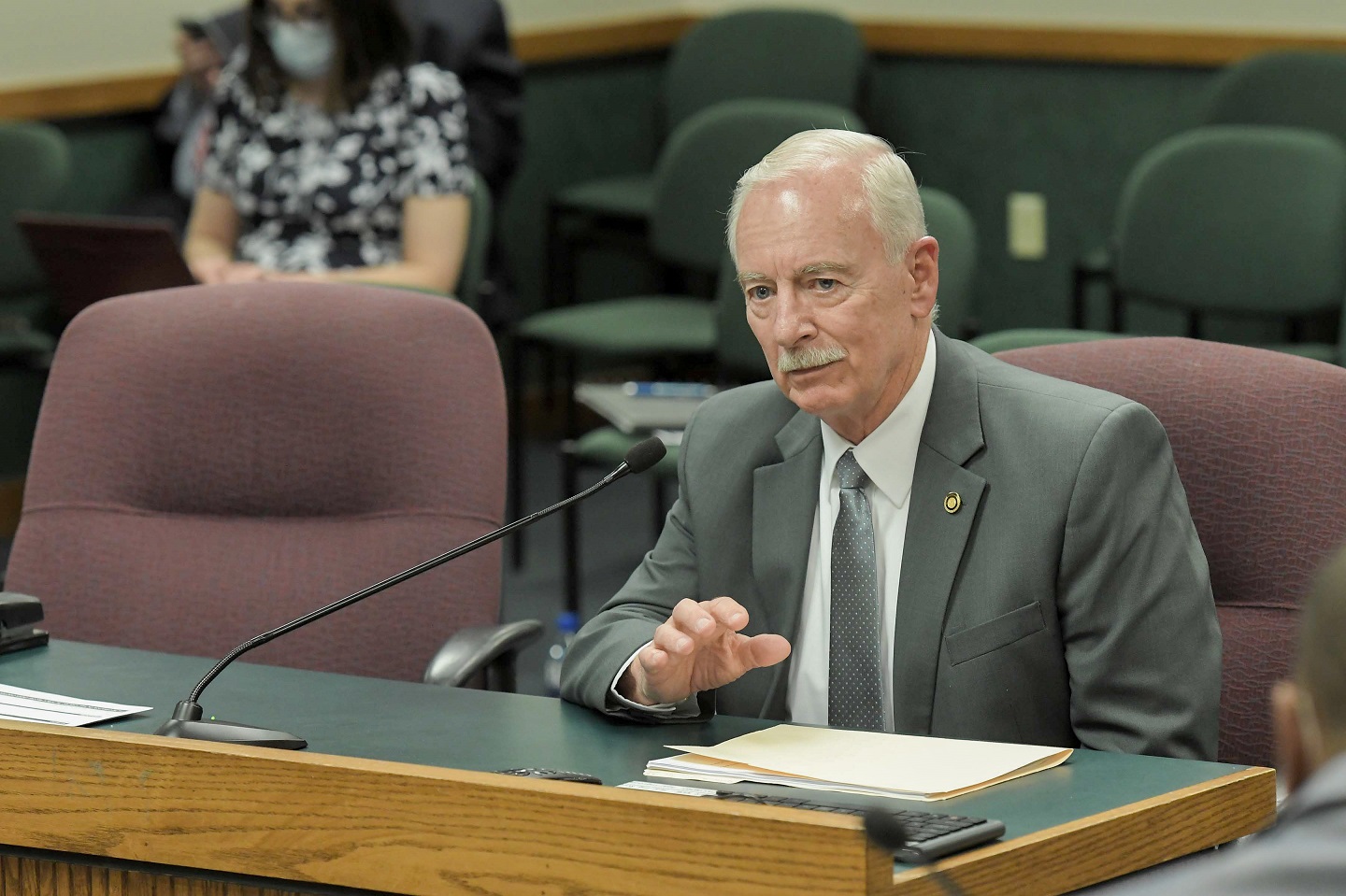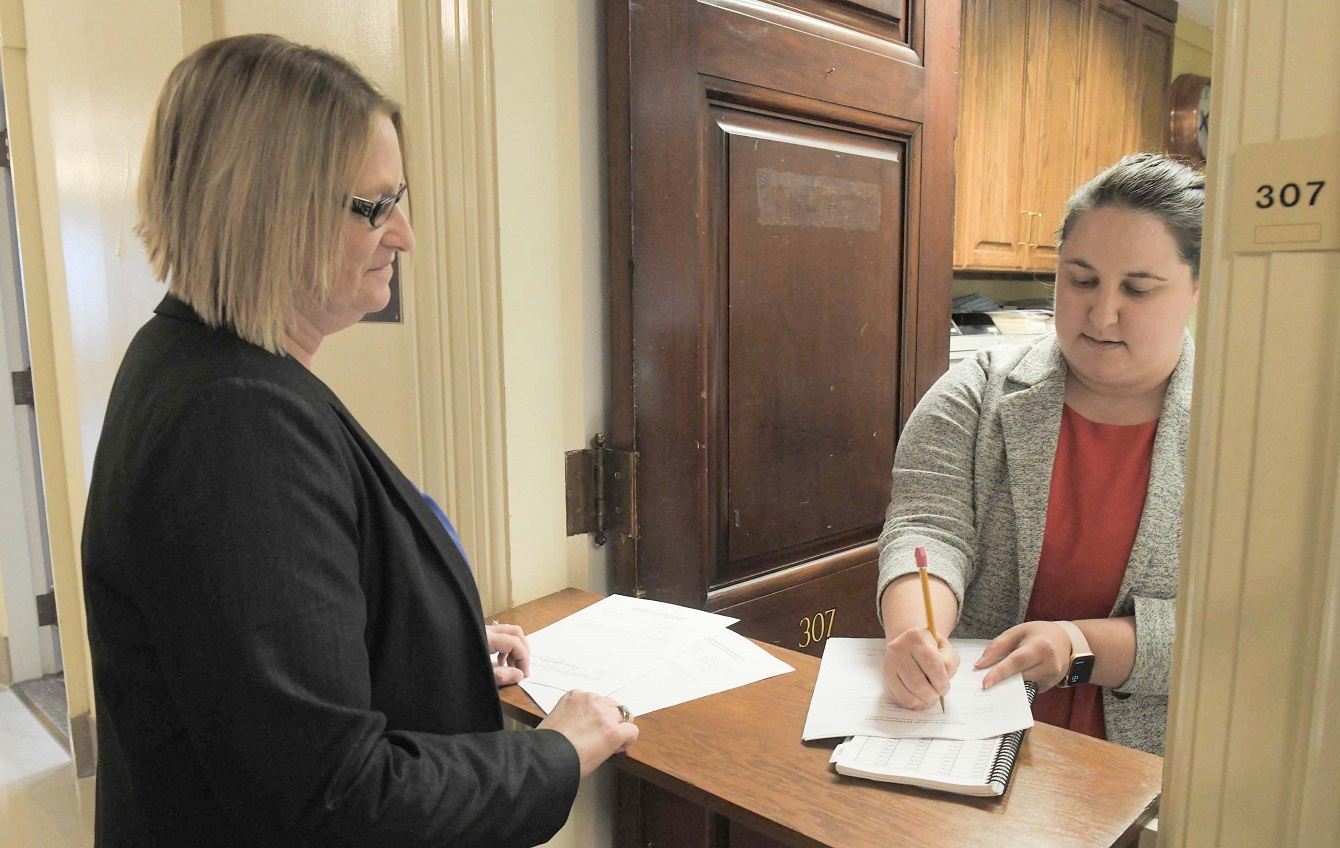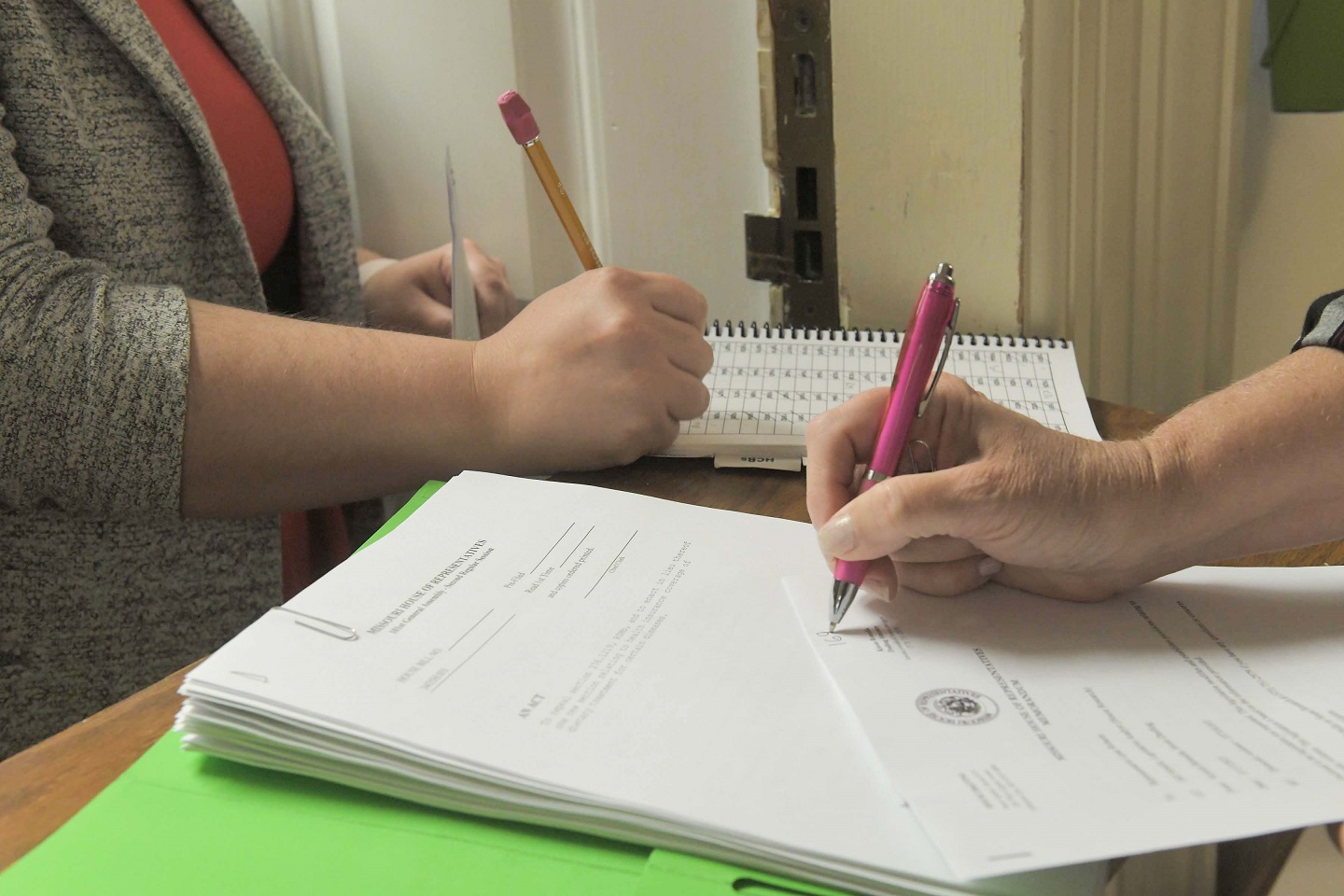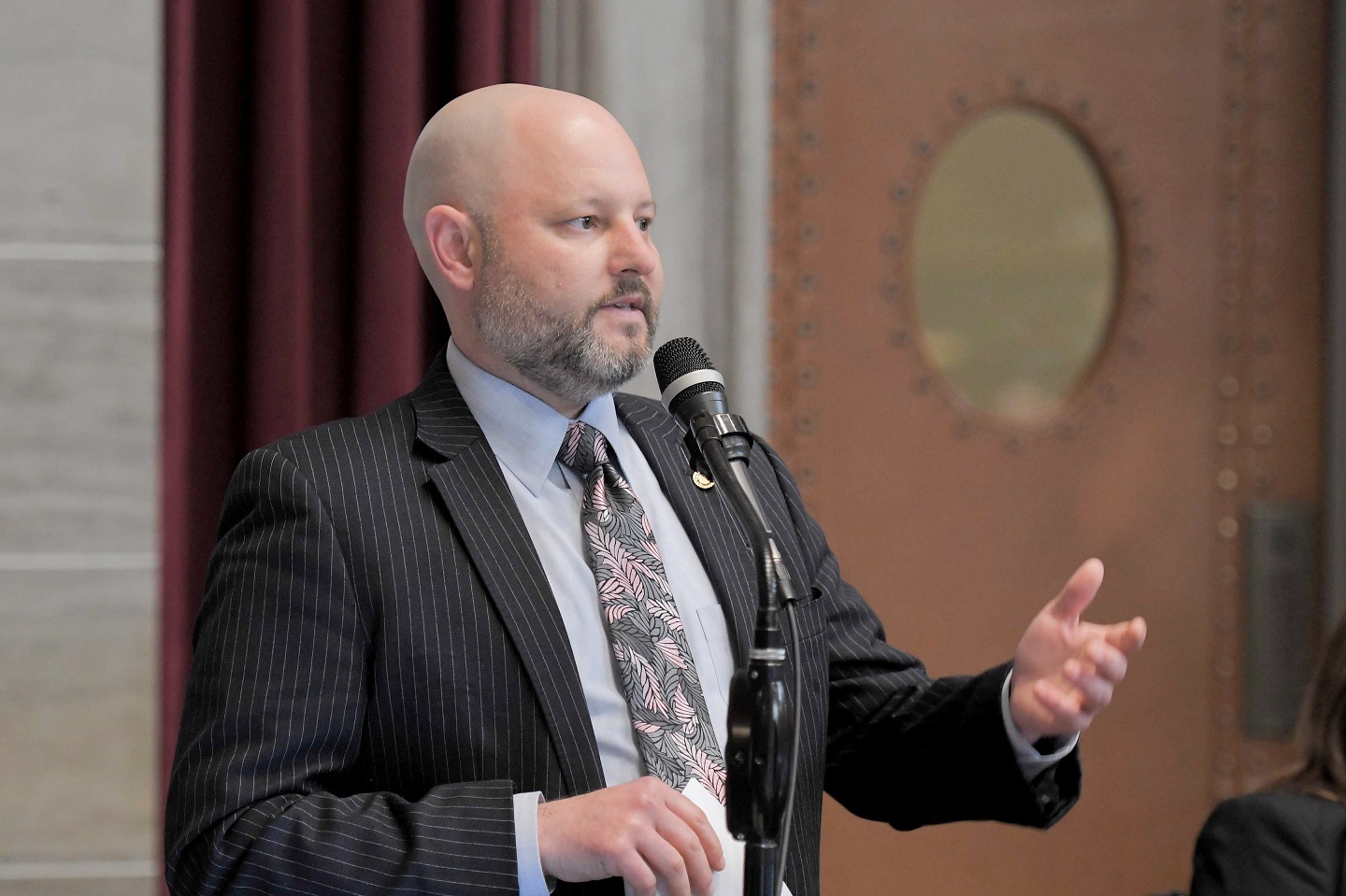The House has voted to make several changes in state law meant to make victims of domestic violence safer. It’s sponsored by a man who, during his career in law enforcement, was often frustrated by how laws limited what he could do to help victims.

“This bill seeks to plug some of the gaps in our laws that allow abusers to circumvent the system and continue to use the system actually to further abuse their victims,” said Representative Lane Roberts (R-Joplin).
A key provision of Roberts’ House Bill 1699 would specify that a defendant in an abuse case will be considered to have been notified of an order of protection if they are notified in any reasonable way. In effect, this would make clear that orders of protection remain place until otherwise ordered by a court.
Jennifer Carter Dochler with the Missouri Coalition Against Domestic and Sexual Violence said this was the provision that was the most exciting.
“Although all of them are going to have an important impact … that has been such a gap and has created so many safety issues for survivors,” said Carter Dochler.
Another portion would allow victims in domestic violence cases to testify via video conference. Roberts says often, domestic cases are dismissed because victims refuse to testify.
Carter Dochler said victims who testify in court now often take great measures to plan for their own safety during that appearance.
“When I did court advocacy … we would have the bailiff walk us out and things like that, so just the ability to be able to teleconference in for getting your order of protection is also something that will be incredibly helpful for the safety of the victim, and may also increase the likelihood of somebody feeling comfortable continuing to pursue an order of protection,” said Carter Dochler.
She said another hurdle for victims testifying for an order of protection, sometimes, is finding childcare, and video conferencing could negate that issue.
HB 1699 would also specify that courts cannot make a victim or their family reveal in court the victim’s current address or workplace unless necessary.
“This is something that you’d think would be common sense,” said Roberts.
Earlier versions of the legislation had caused concern for some lawmakers, specifically that the video testimony provision would violate the constitutional right of accused abusers to face their accusers in court. Roberts worked with other legislators to deal with issues in the bill leading to the version the House passed.

“I was a little hesitant at first, I’ll admit. I’m somebody who likes to protect the rights of those who wish to confront their accusers in court,” said Representative Ian Mackey (D), who is an attorney in St. Louis. “Through conversations with [Roberts] and other folks involved in this issue I think the needle was threaded just as finely and carefully as it could be. I think this protect victims. It also protects the accused. It’s a great product.”
“The bill handler made some changes and I just think it made a much better bill. It was a good bill to begin with but it needed some changes. He did that,” said Robert Sauls, a Kansas City Democrat who is a former Jackson County Prosecutor and public defender.
Sauls told Roberts, “I appreciate your willingness to listen and the changes you made.”
HB 1699 would also specify that when a defendant is ordered to pay the victim’s attorney fees, that order covers the entire proceeding; and that a person convicted of domestic assault who is ordered to attend a batterer-intervention program will be responsible for paying for that program.
Carter Dochler said the legislation would make a number of small changes in Missouri law each of which would make a big difference in the lives of victims.
“I really appreciate Representative Roberts’ commitment to finding gaps and figuring out what he can do to close them,” said Carter Dochler.
The House voted 147-0 to send the proposal to the Senate.













